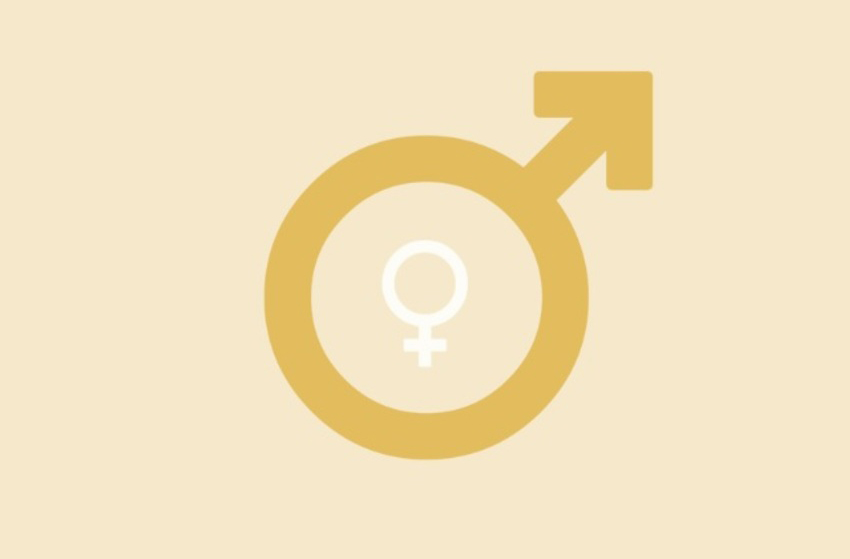Last month, Equal Pay Day highlighted the work many organisations across both the private and public sector need to do when it comes to closing the gender pay gap. With reporting deadlines approaching, it is absolutely critical for management to meet targets.
Women at a senior level bring real value. Research shows that decisionmaking is far more effective when individuals from a range of backgrounds and with varying perspectives are involved. Fair pay is essential if organisations want to retain top talent and realise these benefits. However, the recruitment process can have unconscious bias or barriers that deter female candidates, or candidates from diverse backgrounds.
Organisations need to think carefully about the measures and initiatives they can now put in place to ensure progress. Some tips and areas for action include:
- Accept that positive action is required – the first step is for leadership to recognise this, and start being as proactive as possible.
- Carefully craft job adverts – pay careful attention to detail so that women are a) not turned off and b) encouraged to apply. This means ensuring that the right language is used and a positive image of the holistic role and context, including organisational culture, is painted.
- Have an open mind – good recruitment processes encourage women to take the plunge even if they don’t tick every box – are key. Research indicates that men are braver when it comes to applying for roles they haven’t quite got all the experience to do, whereas women are often more hesitant.
- Consider every element of the application process – training for hiring managers and assessors on how to overcome unconscious bias and how to design inclusive assessments is crucial.
- Don’t focus solely on quotas and targets – targets and standards are set for a reason. However, organisations need to make sure efforts do not stop when targets are met – increasing representation needs to be an on-going, long-term project. Targets cannot improve gender equality on their own. They will only make a real difference if the organisation has an inclusive culture which ensures staff respect and make use of diverse perspectives.
- Focus on retaining talent – Having structures in place to ensure women are supported once in position is also key. Flexible and family friendly working is important, for example – to help with the transition back into the workforce after time off for childcare.
